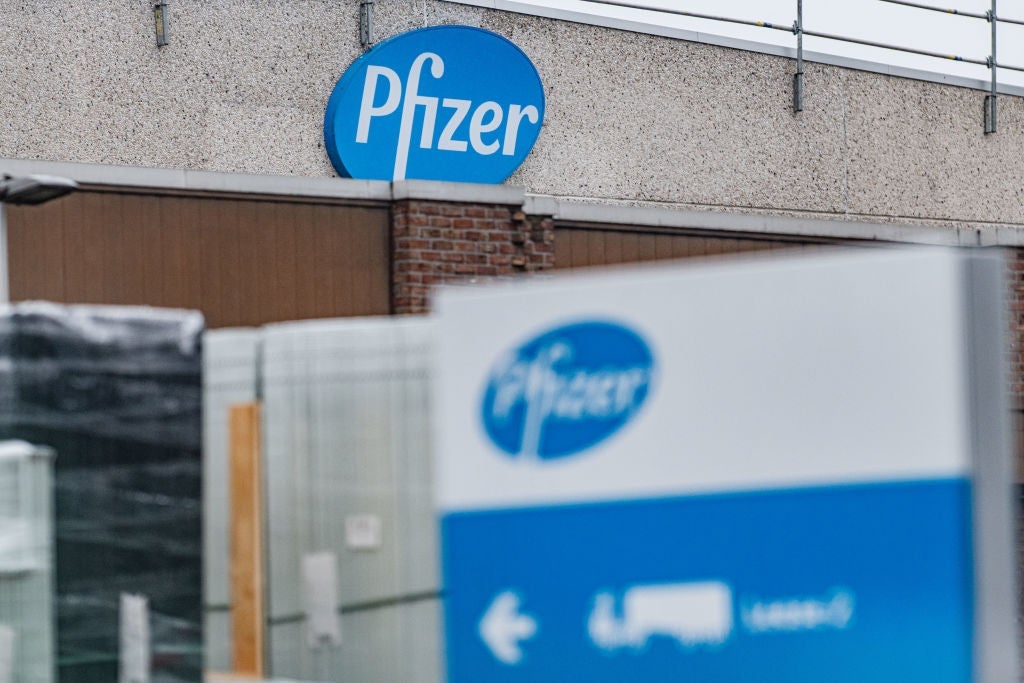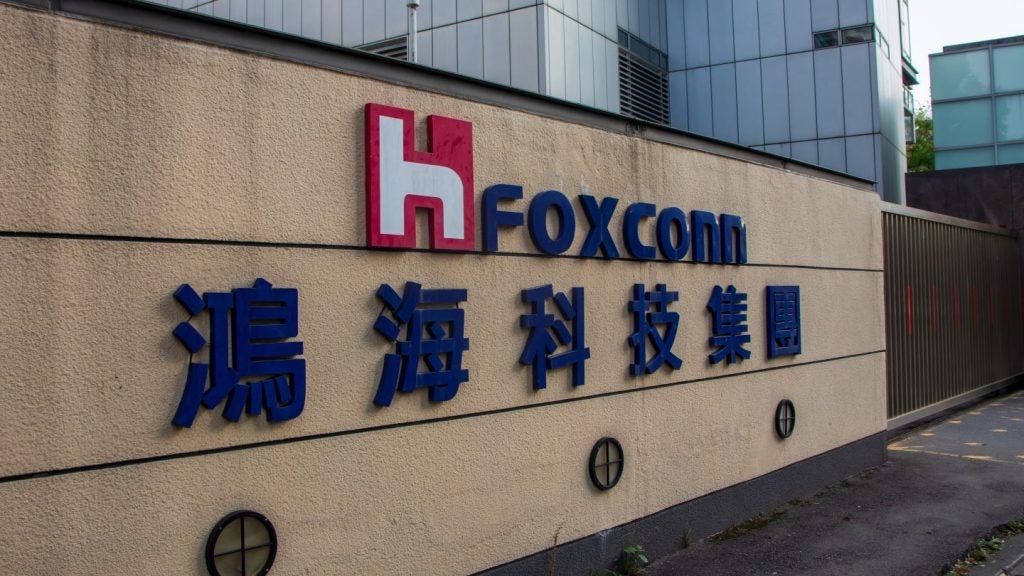

Investment Monitor’s investment promotion agencies (IPAs) maps show that innovation sectors are the main focus for foreign direct investment (FDI) attraction into both the Benelux region and Switzerland.
In the Benelux region, which comprises Belgium, the Netherlands and Luxembourg, digital, software and technology has a slight lead on agribusiness, food and beverage; energy; and life sciences.
In Switzerland, digital, software and technology is again a top target for local IPAs to attract foreign capital. Equally important, however, is the advanced manufacturing and engineering sector, followed by life sciences.
While these sectors already played an important role in attracting FDI to Switzerland before the pandemic, they are expected, alongside life sciences and R&D, to become pivotal in a post-Covid scenario.
How well do you really know your competitors?
Access the most comprehensive Company Profiles on the market, powered by GlobalData. Save hours of research. Gain competitive edge.

Thank you!
Your download email will arrive shortly
Not ready to buy yet? Download a free sample
We are confident about the unique quality of our Company Profiles. However, we want you to make the most beneficial decision for your business, so we offer a free sample that you can download by submitting the below form
By GlobalDataFlanders sees R&D booming during pandemic
The Dutch-speaking northern part of Belgium, Flanders, suffered a milder blow than expected from the Covid-19 pandemic, according to a report from local IPA Flanders Investment & Trade.
It is crucial to boost the international reputation of innovation from Flanders and to support local innovation players in their international endeavours. Claire Tillekaerts, Flanders Investment & Trade
In 2020, foreign companies launched 224 new investment projects in the region, generating 4,717 new jobs. While both results are down 13% from 2019, they still represent a better outcome than predicted, the IPA said.
Among the job markets to flourish during the pandemic were those in the R&D sector, with jobs related to investment in the sector tripling year on year in 2020, from 300 to 898.
“R&D is big in Flanders,” says Flanders Investment & Trade CEO Claire Tillekaerts. “Our companies, research centres and knowledge institutions spawn groundbreaking innovations. Together with foreign technology players who establish themselves in Flanders, they are responsible for a healthy economic fabric. Consequently, it is crucial to boost the international reputation of innovation from Flanders and to support local innovation players in their international endeavours.”
Can Flanders catch a Brexit tailwind?
The Flemish IPA also says that Brexit played a pivotal role in its successful 2020 by boosting FDI from the UK. Investment from the country increased by 13.34% year on year, making the UK the third-largest investor in the region by number of projects for the second consecutive year.
“Brexit has definitely played a role here,” says the IPA in a report.
“UK companies that have or are in the process of investing in Flanders have done so for a number of reasons, including: proximity to clients and suppliers; favourable business climate; openness of the economy; excellent transport links to the rest of Europe; easy communication with official institutions and organisations; continued access to grants and incentives for R&D and innovation; access to talent and workforce availability; continuous support from government organisations during and after set-up; ease of setting up a business; and the competitive cost of real estate and services, just to name a few,” it adds.
The 12 projects established by British companies in 2020 in Flanders were for the most part in the services sector (nine), and logistics and transport (eight). Other popular sectors for attracting UK FDI to the region were IT; pharmaceuticals, medical, biotech and chemicals; food and beverage; and retail and construction.
European investors take the lead
As a result of international travel restrictions, European investors overtook US investors both in some regions within Benelux and Switzerland in 2020.
Flanders Investment & Trade reports that in 2020 European FDI into the region hit record levels. This consolidated a trend that had already emerged in 2019, when European investment set another record by making up 67% of Flanders’ FDI total.
“For years, the US has been the most important country of origin for foreign investments in Flanders,” the IPA says in a report. “This changed in 2020: companies from the Netherlands – after five years in second place – took the lead with 42 investment projects (18.75%).”
Zurich sees strength in European and Chinese FDI
A similar picture has emerged in Switzerland, according to local IPA Greater Zurich Area.
While the number of successful investment projects from the US has decreased by more than 40% [in 2020], Europe almost reached the previous year’s level. Reto Sidler, Greater Zurich Area
“We see a much greater difference in the most important countries of origin than by technology sectors or industries,” says Reto Sidler, head of communications and marketing for the IPA. “While the number of successful investment projects from the US has decreased by more than 40% [in 2020], Europe almost reached the previous year’s level. There were even more projects from China than in 2019. To put it very simply, this picture reflects the pandemic in the various regions of the world.”
Asked which sectors he expects to play an important role in attracting FDI into the region in a post-pandemic environment, Sidler echoes other European IPAs’ expectations. “The sectors with a particularly high level of innovative strength and value creation [will be the most important],” he says. “These include life sciences, IT, robotics and intelligent systems, and fintech and blockchain.”






